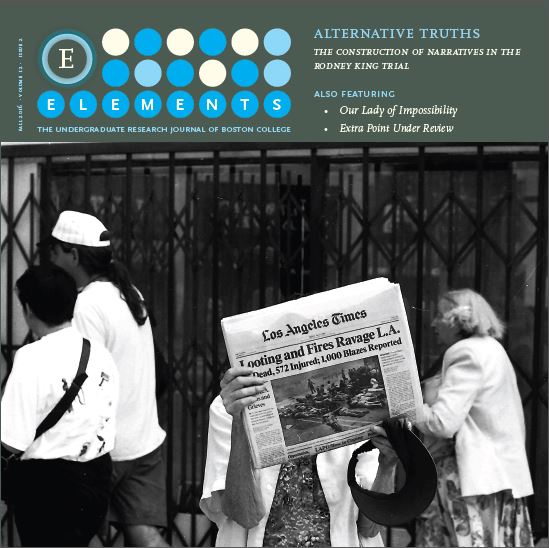Meeting Henry Hills: Printer To The King's Most Excellent Majesty
DOI:
https://doi.org/10.6017/eurj.v12i2.9435Abstract
What does it mean to study a book? In the early modern period, the printed book became an essential catalyst for the dissemination of information, ideas, and culture. Especially in times of conflict, the realm of the printed word provided an important space in which the dissatisfied could make their voices heard or in which rulers could quell the rumblings of rebellion. It seems obvious that to study a book is to read a book, to seek out the voice of its author.
Yet books are more than the mere words they contain. Librarians, archivists, and conservators take pains to preserve early and rare books because they are important physical objects with their own unique and often surprising stories. Behind each book is a host of individuals: patrons and printers, authors and apprentices.
The following essay began with an examination of the John J. Burns Library's 1686 copy of The Life of St. Ignatius, Founder of the Society of Jesus. It relates the story of Henry Hills, the wily craftsman who managed to retain his position as official printer to the crown throughout the extraordinarly different reigns of Charles II, Oliver Cromwell, James II, and Queen Anne.
Downloads
Published
How to Cite
Issue
Section
License
Copyright (c) 2016 Violet Caswell

This work is licensed under a Creative Commons Attribution 4.0 International License.

